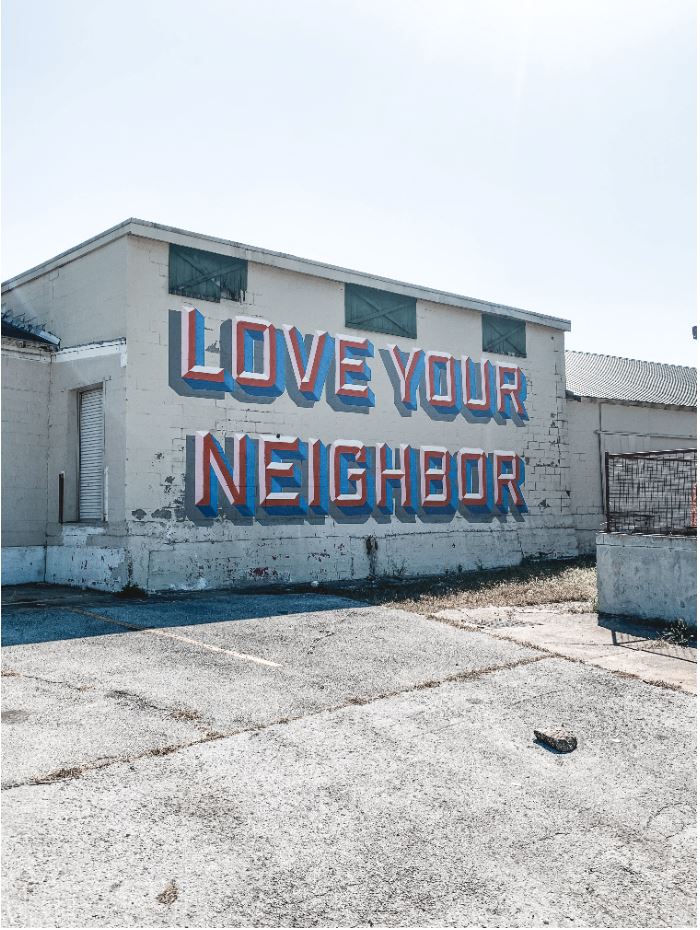The concept of service is deeply entrenched in the way to recovery for untold numbers of people who struggle with addiction. Indeed, the only way for others to recover is for those already in recovery to serve them with their experience, strength, and hope. When a person is just starting out in both recovery and service, acts that are “of service” are very easily defined. But the further along one goes on the path, the murkier correct behavior in pursuit of service can become.
One of my favorite relatives, my Aunt Susan, was involved in the Rotary Club for most of her life. It wasn’t until after she passed that I learned more about this organization to which she had dedicated a large portion of her free time. It’s a service-oriented, outward-facing club designed to put community leaders in the best position to serve fellow citizens. It’s a close-knit and jovial group of people whose efforts often result in tangible increases in the quality of life of those they serve.
What I found most interesting about this club is the Four-Way Test. This test, with its short, incisive, and easily remembered questions, is geared entirely toward the aid of others.
Of the things we think, say, or do:
- Is it the TRUTH?
- Is it FAIR to all concerned?
- Will it build GOODWILL and BETTER FRIENDSHIPS?
- Will it be BENEFICIAL to all concerned?
These questions reside at the heart of what it means to be of service to other people. When I think about the concept of service, I sometimes struggle with the question of whether or not I should commit to a word or action. If on the first question I stumble because I don’t know whether my information is truthful, then I must learn more, which means to exercise patience. The second question I understand to mean that just because something is truthful doesn’t mean that that truth should be levered in an unkind or unjust manner.
To build goodwill, the use of kind accountability and ethical practices is a must. Being flippant with my decisive actions does not engender warm mutual respect, but communicating with my colleagues or partners about them will. And the final question — will it be BENEFICIAL to all concerned? — is a consideration that should have been answered by my original intent. If my genuine reason for a thought, word, or action is to help another person, then that question has already been resolved.
In my experience, I have the most success when I ask for help with thorny questions about correct actions. What the Four-Way Test can teach me about service is perhaps just that: I don’t always have the answer; in fact, most times I need to look outside myself to find the appropriate or authentic way to address my dilemmas.
The 12 Steps have a built-in mechanism for instances such as this; they are called sponsors, and their clearheaded thinking is often a balm to the inflamed mind of someone who is struggling with addiction trying to do the right thing. Myself, my peers, and my colleagues, as well as my wife and close friends, constitute the community to which I pose the questions that vex me. Whoever you turn to, it is my sincere hope that your thoughts, speech, and actions reflect your positive intent to be of service.










